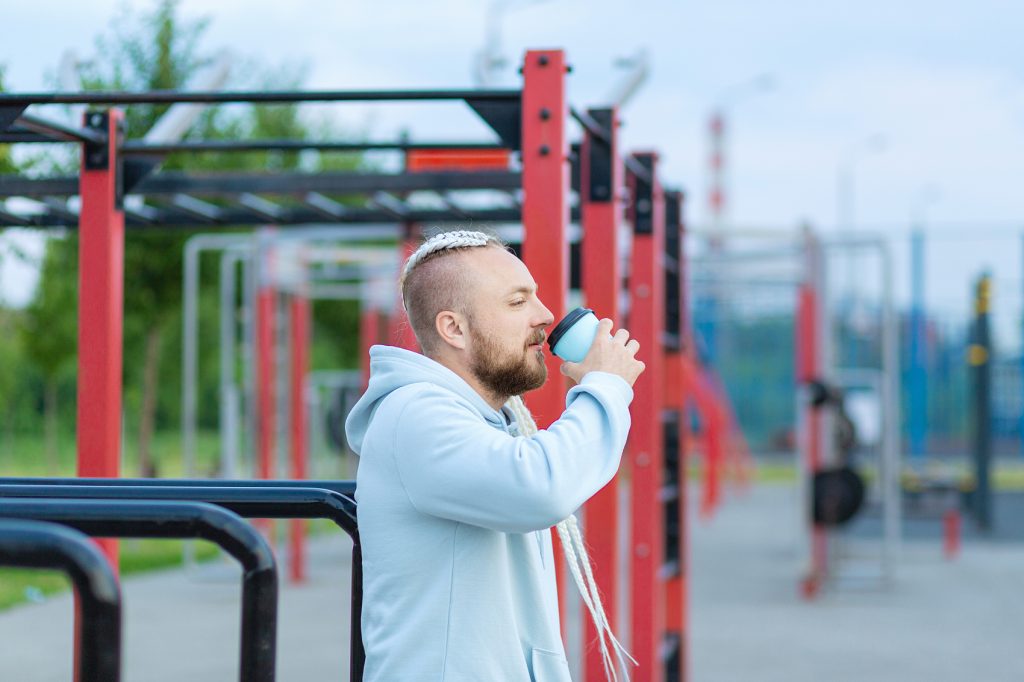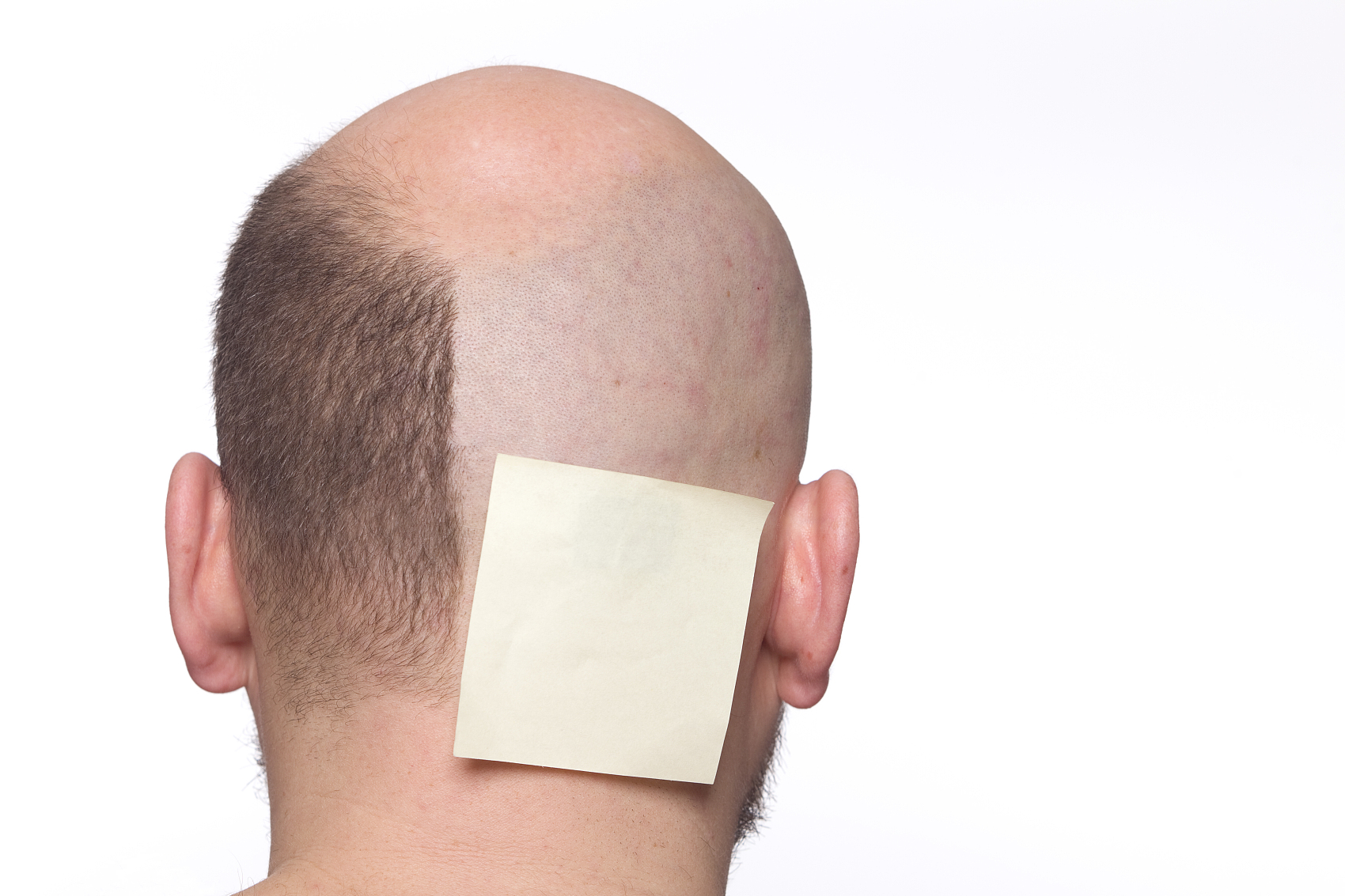Caffeine, found in coffee, is a popular and potent stimulant that many fitness enthusiasts consume before workouts to enhance their performance. Although its benefits are well-documented, the potential drawbacks of consuming coffee, especially for fitness purposes, continue to spark debate.
What is Caffeine?
Caffeine is a natural substance found in coffee, tea, and cocoa plants. It stimulates the brain and central nervous system, helping to increase alertness and ward off fatigue. Caffeine acts by blocking adenosine, a neurotransmitter that relaxes the brain, which is why consuming coffee can prevent you from feeling relaxed and keep you alert, particularly if taken late in the day.

Benefits of Caffeine for Fitness
Caffeine can significantly boost physical performance. It has a diuretic effect, helping the body eliminate excess water. It also stimulates the breakdown of fat, releasing fatty acids into the bloodstream for energy, thus enhancing metabolic rate and promoting fat loss. Moreover, caffeine can increase muscle strength, endurance, and reduce muscle soreness, which can help maintain motivation during workouts. It also increases dopamine and norepinephrine levels, which can make workouts feel more rewarding.
Considerations for Gyms
For gym managers, offering coffee can enhance the workout experience for members. Providing personalized coffee cups might also foster stronger client relationships and boost loyalty.
Risks of Caffeine for Fitness
Despite its benefits, too much caffeine can be detrimental. High doses can lead to increased anxiety, stress, and elevated cortisol levels, which might hinder the body’s recovery after physical exertion. Drinking coffee post-workout can exacerbate dehydration due to its diuretic effect, as it promotes increased urination and loss of inorganic salts.

Managing Caffeine Intake
It’s crucial to monitor your overall caffeine consumption, particularly if you use supplements or other caffeinated products. Overconsumption can overshadow the benefits, leading to negative health impacts. Ideally, coffee should be consumed 30 minutes to an hour before a workout to maximize its performance-enhancing effects without affecting hydration or sleep.
In conclusion, while moderate caffeine intake can be beneficial to your fitness routine and overall health, excessive use can cause significant harm. It’s best to limit daily caffeine consumption to 300-400mg and avoid drinking coffee immediately post-exercise or before bedtime to optimize your fitness results and maintain good health.








